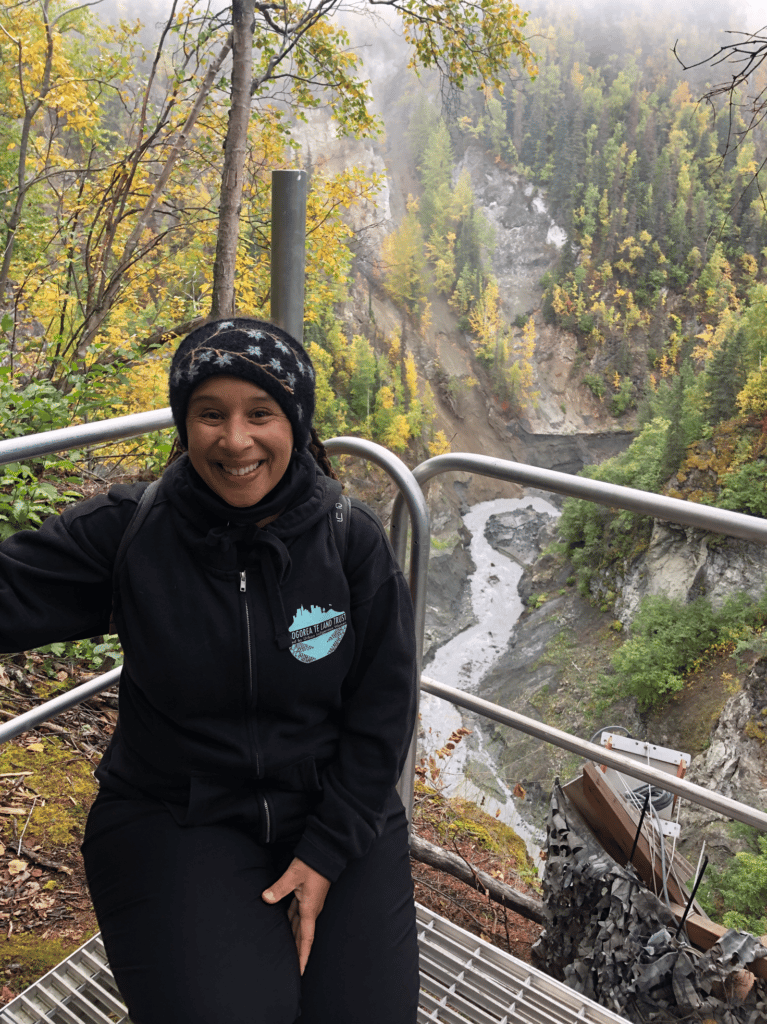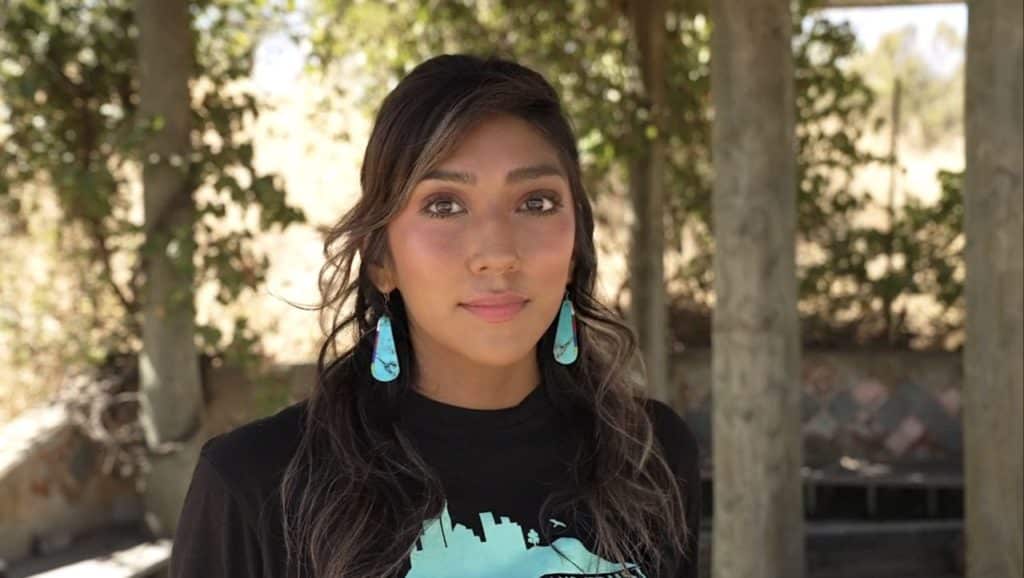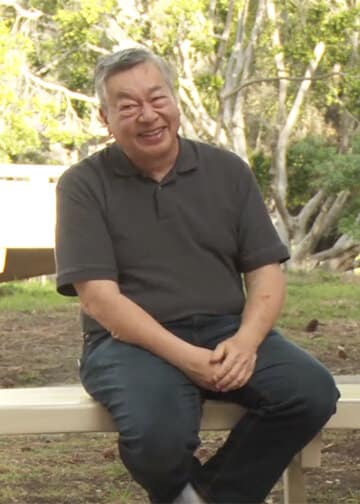
In June 2021 St. Martin’s received a generous $5,000 Episcopal Community Services grant based on an application entitled “Land-Based Ministry: Growing a More Equitable, Participatory, and Inclusive Community.” In June 2022 we received a second $5000 grant to allow us to continue what we started in 2021.
Land-based ministry considers the land on which we live, work, and worship to be a key component of the church’s mission of reconciliation and justice. By “the land” we mean not only our geographic location but also its history, uses, original inhabitants, ecosystem health, and environmental threats.
One component of the project is an education series called “Seeds of Justice” that builds on the work we’ve been doing through the Episcopal Church’s Sacred Ground Circles. In the words of our application, we felt it important to “understand the racialized history of our land, develop empathy for those who have experienced injustices by providing them opportunities to tell their stories, and allow for open discussion of ideas.”
Sunday, Sept. 18 at 4:00PM
In Person and on Zoom (hybrid)
In Relation to Water: Indigenous Leadership in Restoring and
Re-envisioning Watershed Stewardship

Beth Rose Middleton Manning
Professor, Dept. of Native American Studies, UC Davis
In our contemporary 21st century moment of ecological and cultural reckoning, governments (federal, tribal, state, local) and citizens’ groups are recognizing that aging water infrastructure must be addressed as a matter of truth and reconciliation, and to strengthen the climate resilience of beleaguered ecosystems and communities. This presentation centers Indigenous leadership in dam removal and river restoration, with examples from systems in Alaska, Washington, and California.
Though this event has concluded, you can read Professor Middleton Manning’s PowerPoint slides here:
Sunday, Oct. 16 at 4:00PM
On Zoom
Cultural Fire, Storytelling, and
Reclaiming Indigenous Land Stewardship Practices

Melinda Adams (N’dee San Carlos Apache), PhD candidate in Dept. of Native American Studies, UC Davis and previous Tribal College Professor of Environmental Science at Haskell Indian Nations University
As temperatures rise and wildfire engulfs communities, scientists and academics search for long term solutions to the risk and extent of wildfire.
In California, Native Americans are actively managing the effects of climate change and wildfire by reclaiming our land stewardship practices held since time immemorial. Cultural burns are an example of these practices and can aid in strengthening preventative measures of climate and wildfire effects. Through a Native perspective, this talk will centralize the significance of partnering with practitioners and cultural bearers to reclaim cultural fire land stewardship and cultural lessons. Equally important, this work discusses the need to reshape local California history by centering Wintun Peoples and the history of Native peoples in relationship to the landscapes and waterscapes of what is now “California” –as articulated through place-based storytelling and Indigenous ways of knowing and being.
To register for this online event, go to this link:
https://us06web.zoom.us/meeting/register/tZMsf–tpzssHtICxGY1NktNIDBFB-7NNy2V
Sunday, Nov. 13 at 4:00PM
On Zoom
How Manifest Destiny Changed the Color of Labor

John M. Liu, Professor Emeritus in Depts. of Asian American Studies and Sociology, UC Irvine
Manifest Destiny as a doctrine of white expansion ironically required the introduction of more people of color into the United States. The shortage of white labor on the Pacific Coast and Hawaii to build the region’s economy required the serial recruitment of labor from Asia between the 1850s to the 1930s. This was followed by the primary reliance on Mexican labor until the Post-WWII period. Immigrant labor was crucial in the development of mining, transportation, industry, and agriculture. Exploitation of this labor laid not only the foundations of U.S. immigration law but also complicated the binary white/black racial classification, both locally and nationally.
The goals of our Land Based Ministry are in keeping with three of the primary mission priorities of the Episcopal Church: racial reconciliation, evangelism, and creation care. As such, in addition to the education series, we will continue to introduce activities and practices that cultivate and enrich both the soil and the community.
To register in advance for this online event, go to this link:
https://us06web.zoom.us/meeting/register/tZ0sdOmgpjssH9wZg6WMbo4T4J2UN9_7vECh
For more resources, please see our resources at the link below:
We hope to see you at one of the upcoming events!


